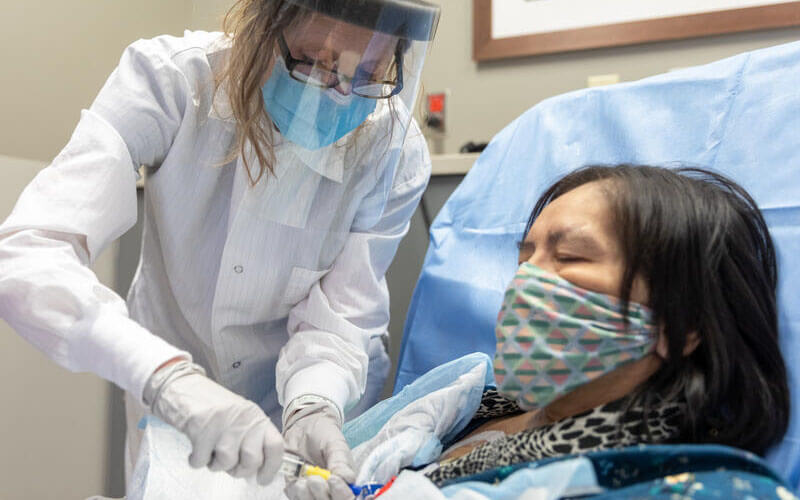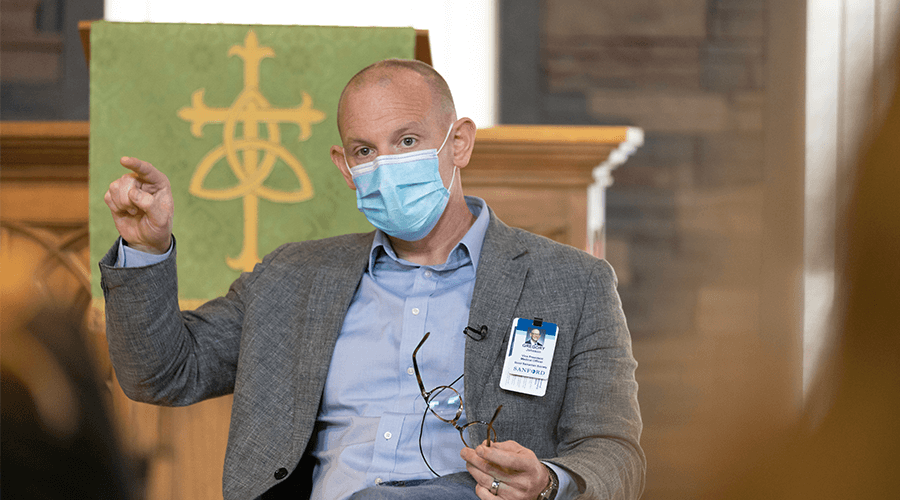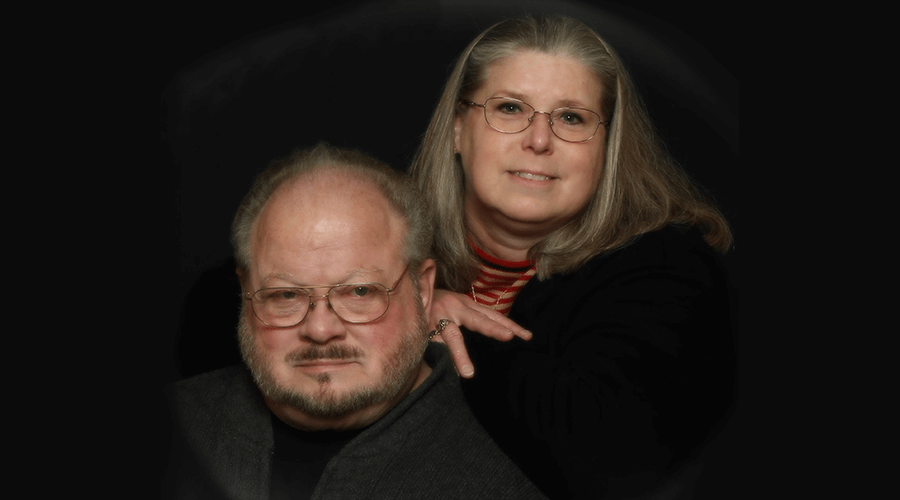On a peaceful morning at Good Samaritan Society – Sioux Falls Village in South Dakota, resident Paulette Wright is casually getting ready for dialysis.
It’s a big difference from before when Paulette had to hustle to wake up, leave the building and journey across town.
“It will help improve the quality of life that they have,” Maria Regnier, the senior director of dialysis services at Sanford Health, says.
Maria says it’s all because of this brand new, staff-assisted hemodialysis den down the hall from Paulette’s room.
“It’s gorgeous. The space is beautiful. It’s got high ceilings. It’s got all this natural light. It is a nice place for people to sit because they are sitting there for up to four hours at a time,” Maria says.
'A lot easier'
Gentle treatment from Sanford Health staff takes place at the Society. It shortens a resident’s day at dialysis and improves their health and energy levels.
“It’s better because then I don’t have to get up so early,” Paulette says. “I can just come around the corner and walk straight down. That’s a lot easier."
It’s easy-to-use and groundbreaking technology at the largest, licensed skilled nursing facility in the state. “This is a first for South Dakota and actually it’s quite unique if you look across the nation. There are very few of these types of programs,” Maria says.
Providing safe opportunities to receive care in their own home.
“She walked here. She’s like I’m going to walk down to dialysis this morning. She walked down to the den with help of the CNA. There she is,” Bessie Hammer, the location's director of nursing, says.
'Specialize in dialysis'
Bessie says this addition sets the Society apart.
“We’re very blessed to be partnered with Sanford and have the dialysis team come in and train my staff and train me. It’s a very good program,” Bessie says. “We want to specialize in dialysis with the den. We’re going to start doing peritoneal dialysis as well. With that, they can stay right in their room and run. They don’t even have to come to the den."
Meeting residents where they are with exceptional care.
“It makes me feel so much better because it gives me hope for the future. A lot of hope,” Paulette says.



